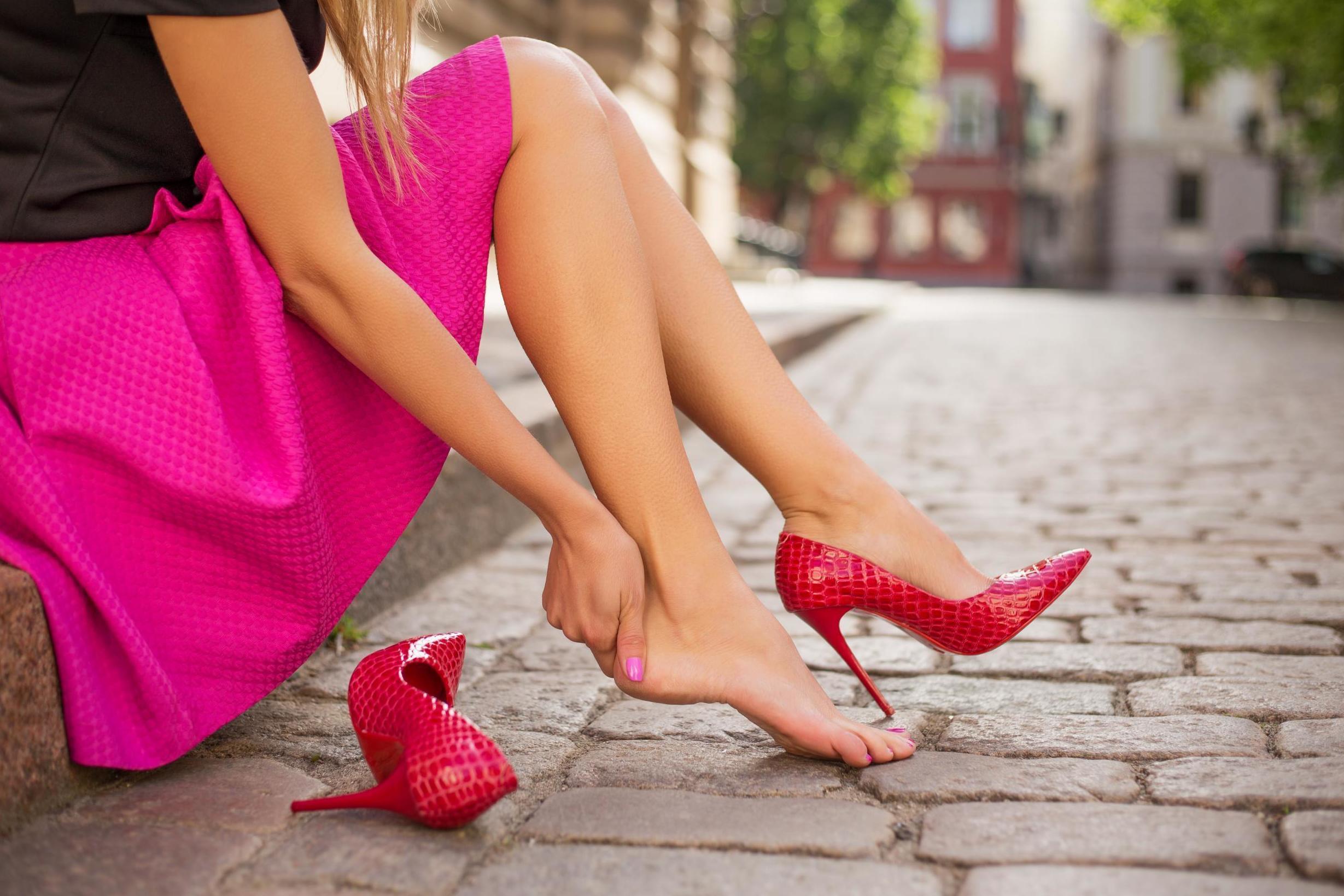The best and worst shoes for your feet, according to research
When you can't go barefoot, these are the shoes you should wear

Shoes are necessary to complete most outfits - but humans may actually be better off without them.
That's according to Daniel Lieberman, chair of the Department of Human Evolutionary Biology at Harvard University and his team of researchers, who found that shock absorbers and padding, among other shoe features, are actually making our feet weaker and more prone to injury.
The research, which studied the effects of running in sneakers versus barefoot, concluded that “protecting” feet with shoes can be harmful in the long run.
The reason is simple. Lieberman told Time magazine: “When you walk in shoes, your feet are pressing against a stiff substitute for the ground that makes the muscles in the feet have to work less than if you were barefoot.”
With foot muscles that aren’t properly exercised thanks to cushy soles, the risk of injury and foot issues such as flat feet increases.
However, sneakers are still a better option than high heels - which are linked to a multitude of health problems.
In addition to being uncomfortable, wearing high heels can completely alter the structure of the muscles in your calves, as well as lead to joint issues and muscle pain.
And these risks only increase as you age - meaning your feet won’t get used to heels over time.
Shoes that are too narrow can also be detrimental to your foot health, potentially leading to foot deformities, according to research conducted by podiatrist Hylton Mez.
So what should you wear on your feet? Researchers are divided on the “healthiest” footwear as the answer can vary by the person based on factors such as age, health, weight.
Most have concluded, however, that the shoe with the most support - since ditching shoes altogether is not realistic - would be one that fits perfectly and provides a decent amount of sole support.
For Lieberman, this almost-perfect option is a “minimal” shoe - or those that closely mimic bare feet.
But to ensure your shoes aren’t putting you at risk of injury, even if they are minimal shoes, Lieberman recommends switching them up often to ensure that you are evenly exercising all muscles and to avoid “stress injuries.”
Join our commenting forum
Join thought-provoking conversations, follow other Independent readers and see their replies
Comments
Bookmark popover
Removed from bookmarks